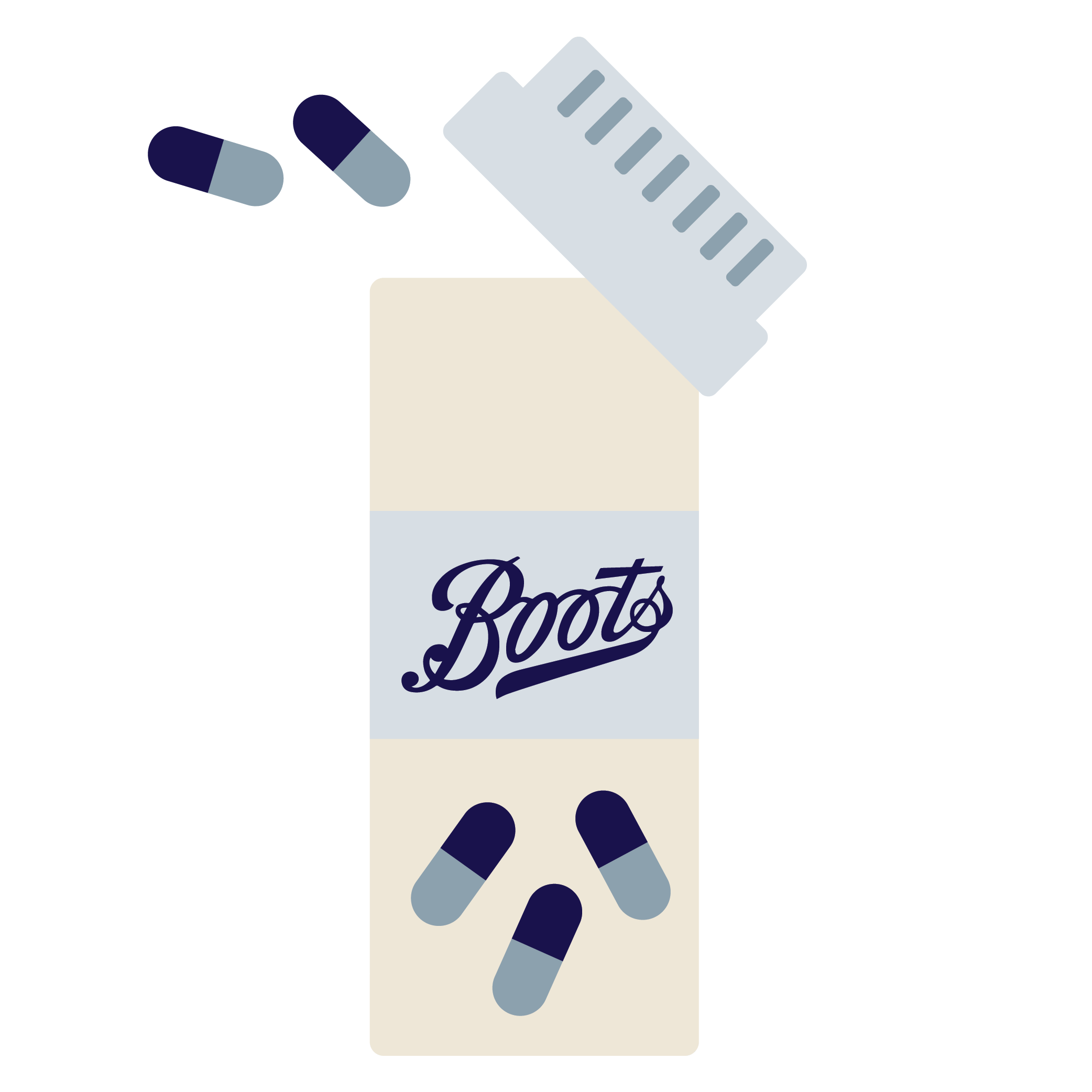
ROSACEA — WHAT YOU NEED TO KNOW
What is rosacea?
Rosacea is a chronic skin condition where the skin appears red and inflamed, usually on the forehead, nose, cheeks, and chin. Enlarged blood vessels, red bumps and spots can appear on the skin and can become worse with certain food or environmental triggers. The skin can also become more sensitive and water or skincare products might burn or sting when used.

What causes rosacea?
We don’t know what causes rosacea, but it does seem to run in families. Specific triggers can also worsen rosacea, such as alcohol, smoking, spicy foods and hard exercise. In some people, blood vessels in the face are more sensitive to these sorts of triggers, making them more visible and appear redder.
Some studies have found that people with rosacea have increased numbers of the Demodex mites on their face. These microscopic mites occur naturally and usually don’t cause any harm. It is thought, however, too many of them may cause skin irritation.
Who can get rosacea?
Rosacea most often starts in people aged between 30 and 50, although it can happen at any age. Women usually get rosacea more often than men although men’s rosacea tends to be worse.
What lifestyle changes can help?
You can help to reduce the number of flare-ups by keeping a diary to find out what triggers your rosacea and then avoiding these things as much as possible. Some foods such as cheese, alcohol, spicy foods, and caffeine can cause flare-ups.
Changes in temperature, like having a hot shower and then going out into cold weather, can trigger rosacea. It’s important that you wear sunscreen of at least SPF 30 every day, even on cloudy days, and try to avoid sun exposure. Stress is also a common trigger so try to take care of your mental health as well as your skin.
Page last reviewed by: Dr. Christina Hennessey 21/06/2021

